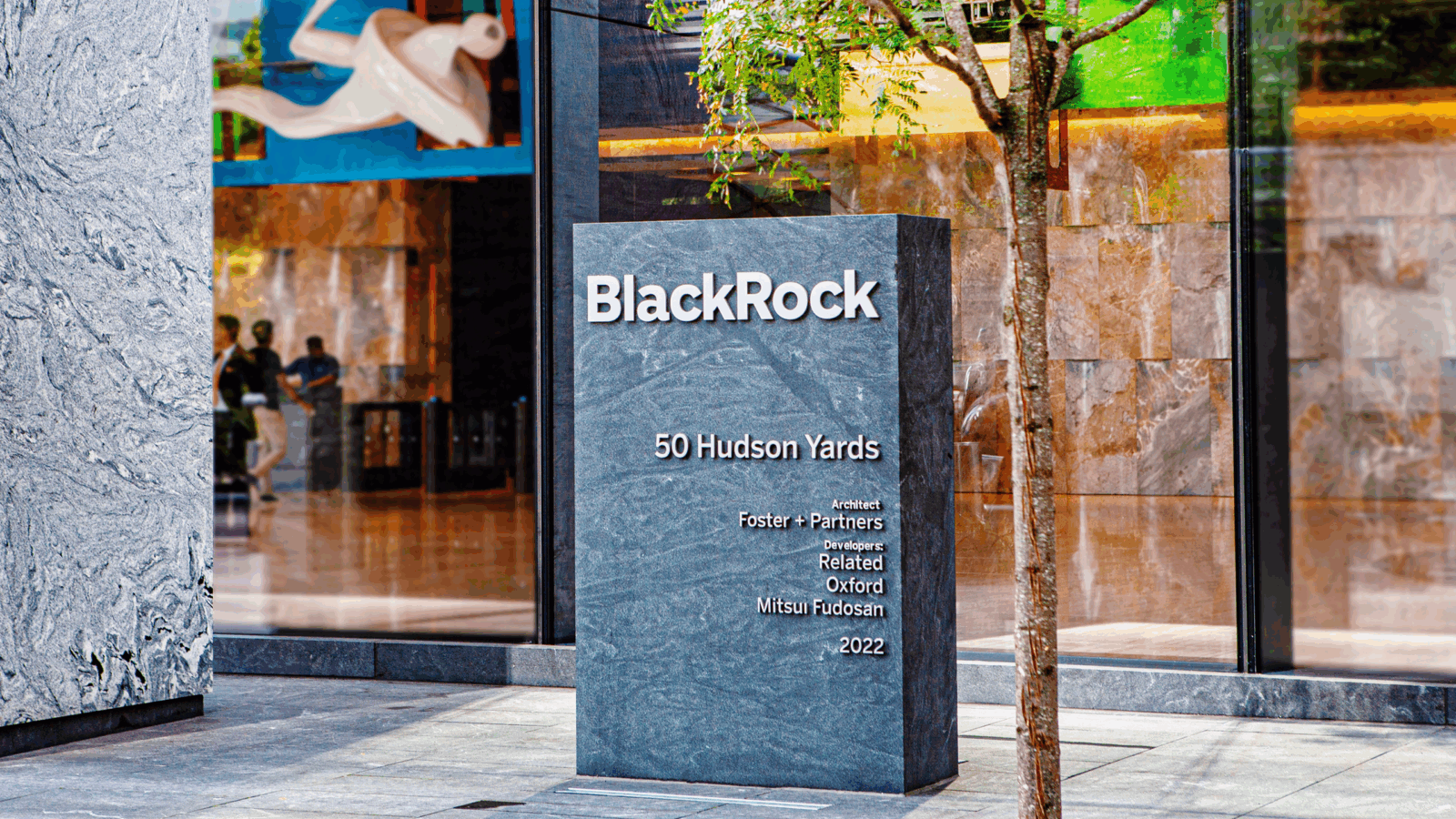
Sign up for smart news, insights, and analysis on the biggest financial stories of the day.
Greenwashing — or the marketing of “green” services and investments that aren’t as eco-friendly as they’re trumped up to be — is a real concern for firms that want more planet-conscious portfolios. In the case of carbon offsets, one company is giving them an eagle eye to watch where they put their money.
Carbon marketplace startup NCX announced Tuesday that, with $50 million in new funding, it is launching an international expansion of a network that lets firms monitor their carbon offset purchases with satellite precision.
Good Things Come in Trees
NCX runs a marketplace that pairs companies looking to reduce their carbon footprint with landowners willing to suspend or reduce timber operations in exchange for a fee (because green business is business, too). As a result, carbon-absorbing trees stay up and NCX’s software lets landowners map the trees on their property, which are checked annually via satellite to make sure they stay up. The company already has major clients in the US, including Microsoft, Cargill, and Rubicon.
NCX’s latest fundraising round — which includes participation from JP Morgan and Benioff’s Time Ventures as a returning backer — will allow the company to expand outside the US into a fast-growing segment:
- NCX will use the funds to first launch in Mexico and Canada, and also to develop tools to monitor more natural resources beyond trees.
- The so-called voluntary carbon market is small, but it’s growing at an enviable pace: last year, the market topped $1 billion, more than double the $473 million in 2020, according to environmental finance organization Forest Trends & Ecosystem Marketplace.
Easy Sales Pitch: As explained by cofounder Max Nova to CNBC: “Basically we show up to landowners and we say, ‘Hey guys, heard you like cutting down trees for money?’ And they say, ‘Yep.’ And we say, ‘How about not cutting down trees for money and growing them for carbon instead?’”











